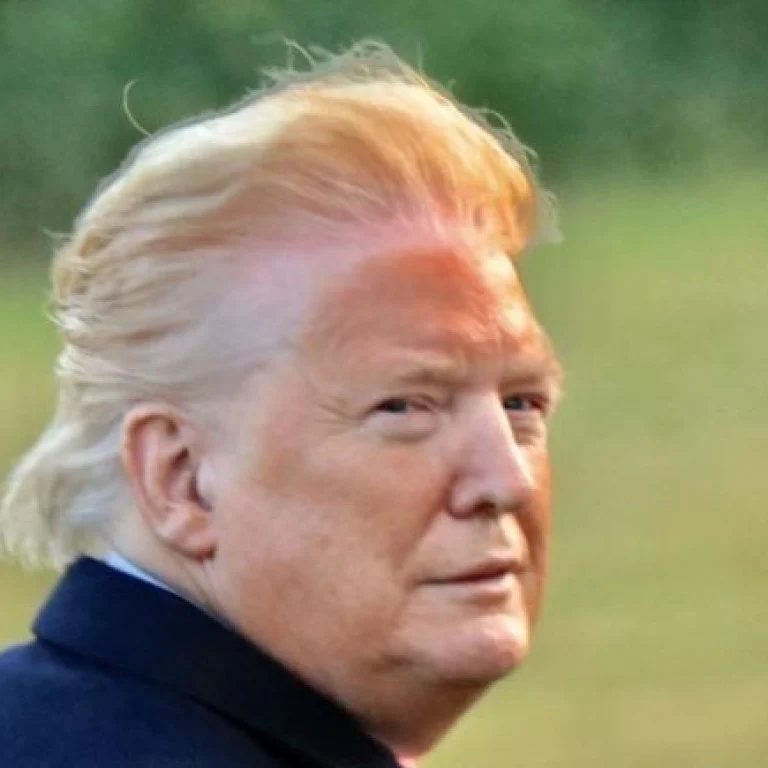While I agree with the message of most of the posts in this community, I must admonish y’all for your gross misuse of a positive word. It’s good to be weird - a weirdo - as the alternative is being normal, and that’s something everybody should strive to avoid.
In fact, I’d argue that most of the people y’all call weirdos are actually normal. And that’s the problem - their shitty behavior is normalized. Co-opting “weird” to use as an insult to normal assholes only corrupts the word without adding anything of value.
It’s like how “literally” is now literally its own antonym. Nobody benefits from that new definition - all it does is cause confusion.
language is fluid. get over it
As originalucifer said, language is fluid; it always has been, and will continue to be so. Its mutability one of the many things that makes it so incredible.
Many, many words mean different things in different contexts. The fact that “weirdo” is used negatively sometimes does not mean it can’t/doesn’t get used positively elsewhere.
I’m all for the evolution of the language, but this is a case where the language becomes more complex and less precise. Now, thanks to this new use of “weird”, when somebody uses the word, more context is needed to understand the meaning.
Used to be that all that was necessary to understand one’s implication when using the word was situational and maybe cultural context. Now, personal context is needed for both the speaker and the subject - you need to know the political/ethical proclivities of both the speaker and subject to know whether it’s meant as an insult, a compliment, or a neutral statement of fact.
Kids and non-native speakers who hear the word now will be less able to intuit its meaning.
Same goes for “literally”. More complexity and less precision.
This is not linguistic evolution - it’s just another hurdle in an already difficult-to-learn language.
Used to be that all that was necessary to understand one’s implication when using the word was situational and maybe cultural context.
When do you feel this has changed?
Because from what I can tell, it still is that way. Both meanings of “weird” that we’re discussing (and, surely, the rest of its meanings) ARE the result of cultural changes.
Now, personal context is needed for both the speaker and the subject - you need to know the political/ethical proclivities of both the speaker and subject to know whether it’s meant as an insult or compliment.
You understood what those people meant when they used “weird” negatively. Did you know the political/ethical proclivities of every single person? Did you have to comb through their post/comment histories for information to be able to translate what they said? Or, did you infer what they meant based on the context of the post and the culture of the community?
Yes, non-native speakers will struggle more; this language is a particularly difficult one to learn, and envy no one who is trying to learn it as a 2nd/3rd/ect. language. English’s fluidity isn’t exactly something that is unique to it, though.
What do you propose is the alternative? We can’t exactly stop cultural evolution… why would we want to, anyway?
Really, the only difference now is that we have the internet, which just makes it change a lot more rapidly. It’s all still the result of culture, though.
Weirdoness is a badge of honor for some, and a horrible insult for others. If you call EVERYONE weird, they all take it in the best possible way.
There’s good weird and bad weird.
If you are offended by someone calling you weird, then you are bad weird. Vance and Trump are both in this category.
This sounds like the same argument people used to support the aughts’ use of “gay” as a pejorative.
It’s not intrinsically good or bad to be weird or gay, but if you’re insulted by someone calling you that, you’re probably not a great person.
But if you call someone that with the intent to insult, are you much better?
Dude, I’m weird as fuck and I contribute a ton of posts here calling them weirdos.
I call them weirdos because they’re horrible people who can’t stand such an easily-dismissed name.
I also have green eyes, but if calling them green-eyed pissed them off and made me laugh, I’d call them that too.
Edit: also, you are talking about contranyms, which are a valid form of language. One example given- “Dust can mean “to remove dust” (cleaning a house) or “to add dust” (e.g., to dust a cake with powdered sugar).”

So being normal is bad, huh? I guess I should stop living my life how I want and start doing the opposite of normal. Surely that isn’t just letting others define how I live my life by making me avoid what they’re doing.
Depends on how you define normal, I guess. I’d rather hang around unusual, eccentric and neurodivergent folks myself. They’re more interesting.
But not all such people like that. Those sort of people are weird. MAGA folks are weird. Big difference.
I can agree; it’s a good thing to be weird if that’s who you are.
It’s not good to be politically weird, and there is a big difference.




